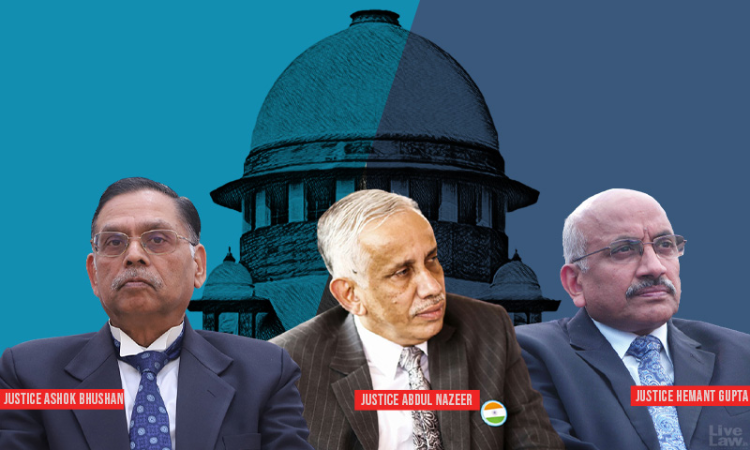Hindu Undivided Family - No Presumption That Business Run By Karta In Tenented Premise Is Joint Family Asset : Supreme Court
LIVELAW NEWS NETWORK
7 April 2021 8:21 PM IST

'The contract of tenancy is an independent contract than the joint Hindu family business'
Next Story


